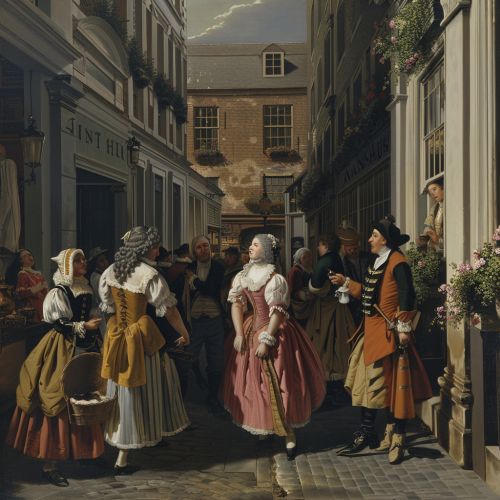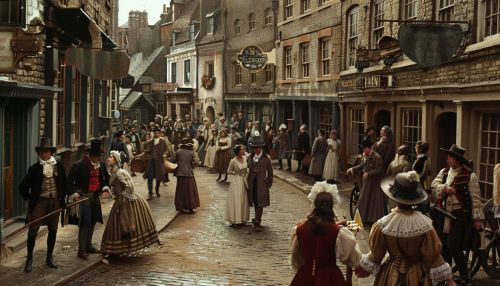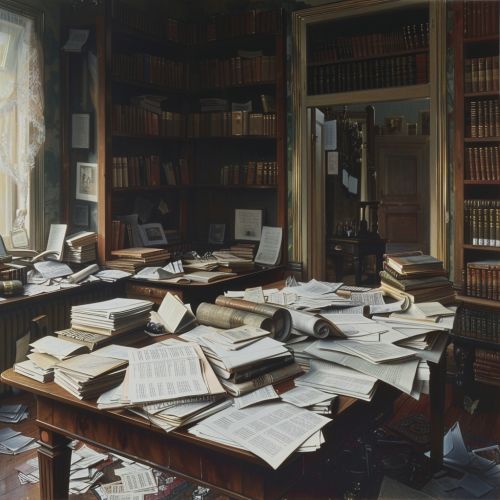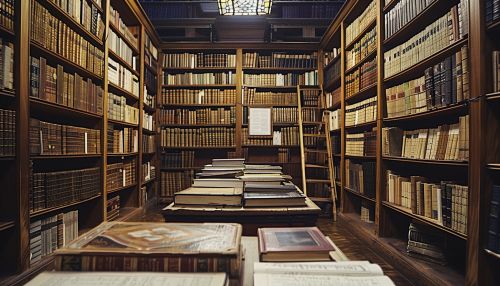David Ricardo
Early Life and Education
David Ricardo was born on April 18, 1772, in London, England, to a Sephardic Jewish family that had recently emigrated from the Dutch Republic. His father, Abraham Ricardo, was a successful stockbroker, and his mother, Abigail Delvalle, was a homemaker. Ricardo was the third of seventeen children. He received a basic education in a private school in London, where he excelled in mathematics and showed an early interest in economic issues.


At the age of 14, Ricardo joined his father's business, where he gained practical experience in finance and commerce. This early exposure to the world of business would later influence his economic theories.
Career and Contributions to Economics
In 1793, Ricardo left his father's business and started his own brokerage firm. He quickly gained a reputation for his financial acumen and became one of the most successful brokers on the London Stock Exchange. His wealth allowed him to retire from business in 1814 and focus on his intellectual interests, primarily economics.
Ricardo is best known for his work on the theory of comparative advantage, a fundamental concept in international trade. He argued that countries should specialize in the production of goods and services in which they have a comparative advantage, and trade with other countries for the rest. This theory, first articulated in his book "On the Principles of Political Economy and Taxation" (1817), remains a cornerstone of modern economic thought.


Ricardo also made significant contributions to the theory of rent, known as the law of rent. He argued that the rent of a land depends on its productivity relative to the least productive land in use. This theory has been influential in the field of land economics and urban planning.
In addition, Ricardo developed the labor theory of value, which states that the value of a commodity is determined by the amount of labor required to produce it. This theory was later developed and refined by Karl Marx in his work "Capital".
Later Life and Legacy
Ricardo continued to write and publish on economics until his death in 1823. He also served as a Member of Parliament for Portarlington from 1819 to 1823, where he advocated for free trade and other economic reforms.
Ricardo's ideas have had a profound impact on the field of economics. His theories on comparative advantage, rent, and labor value have shaped economic policy and thought for nearly two centuries. His work continues to be studied and debated by economists today.


